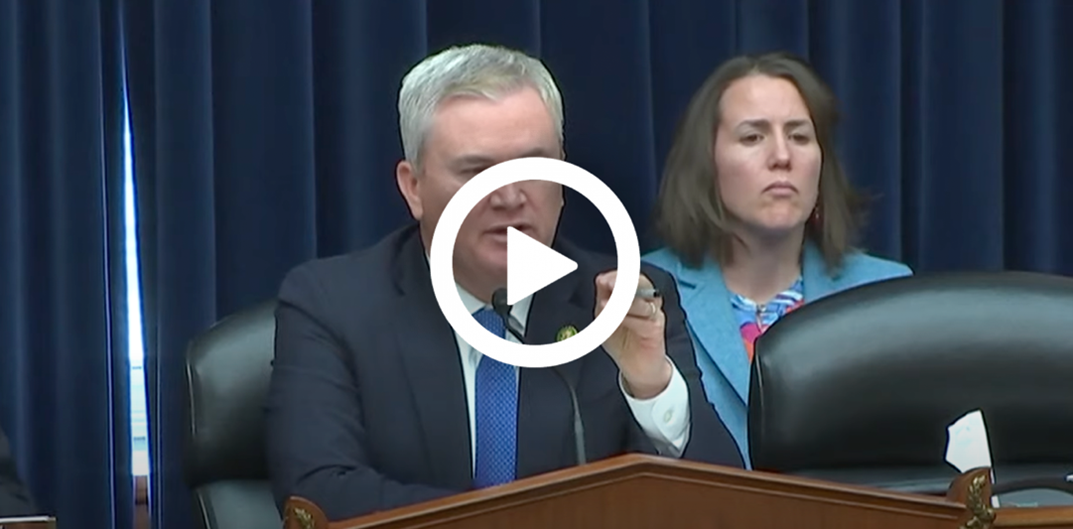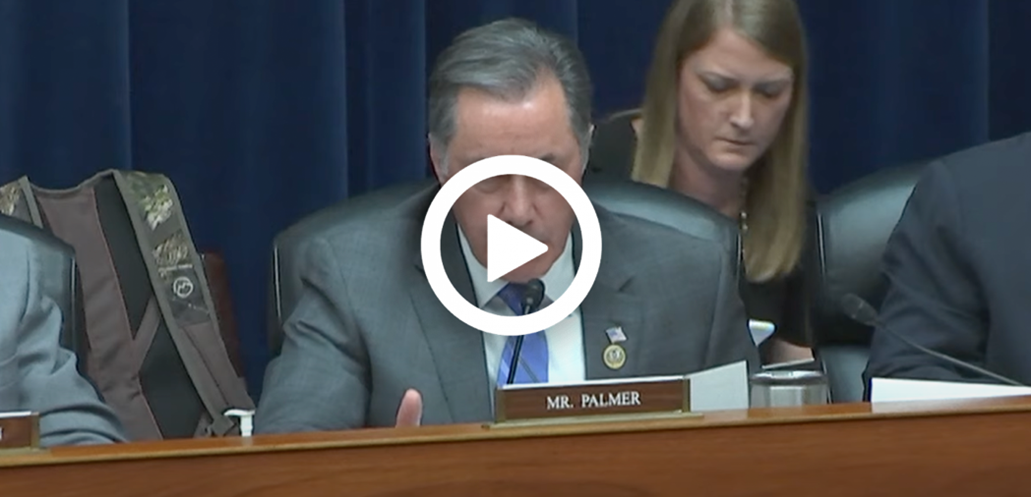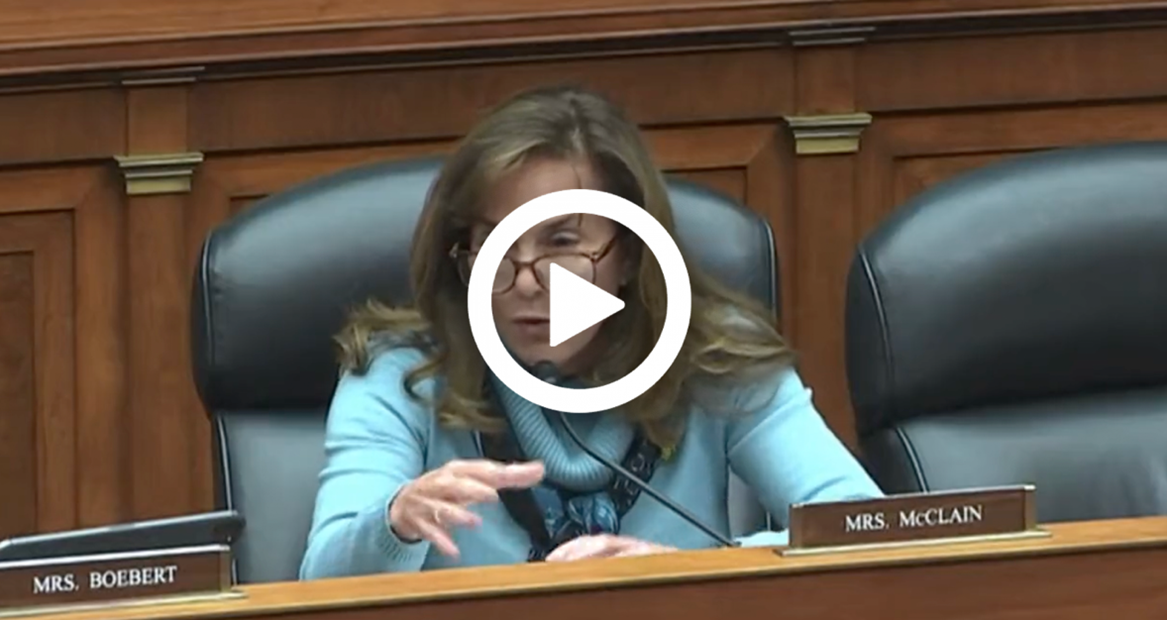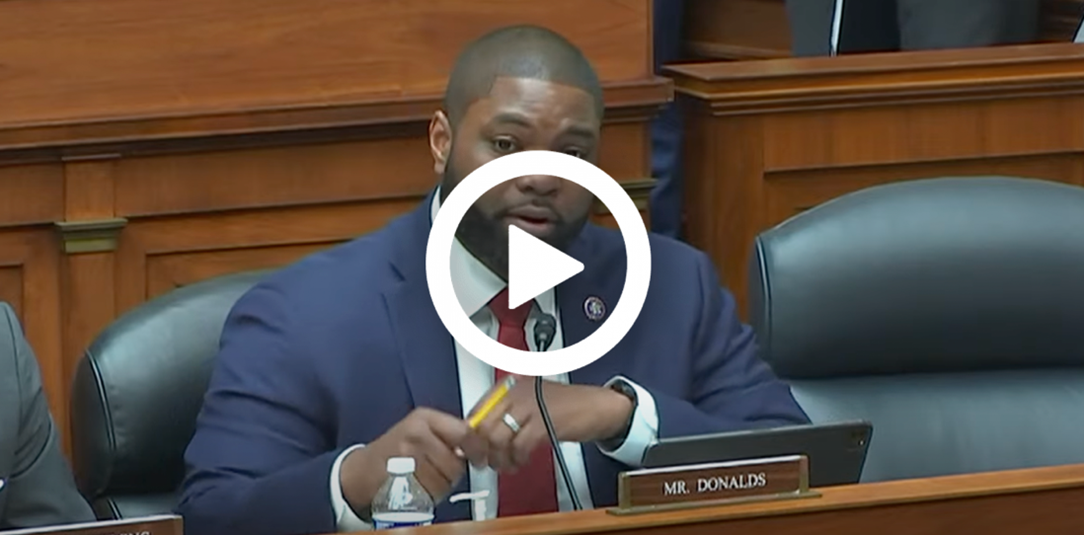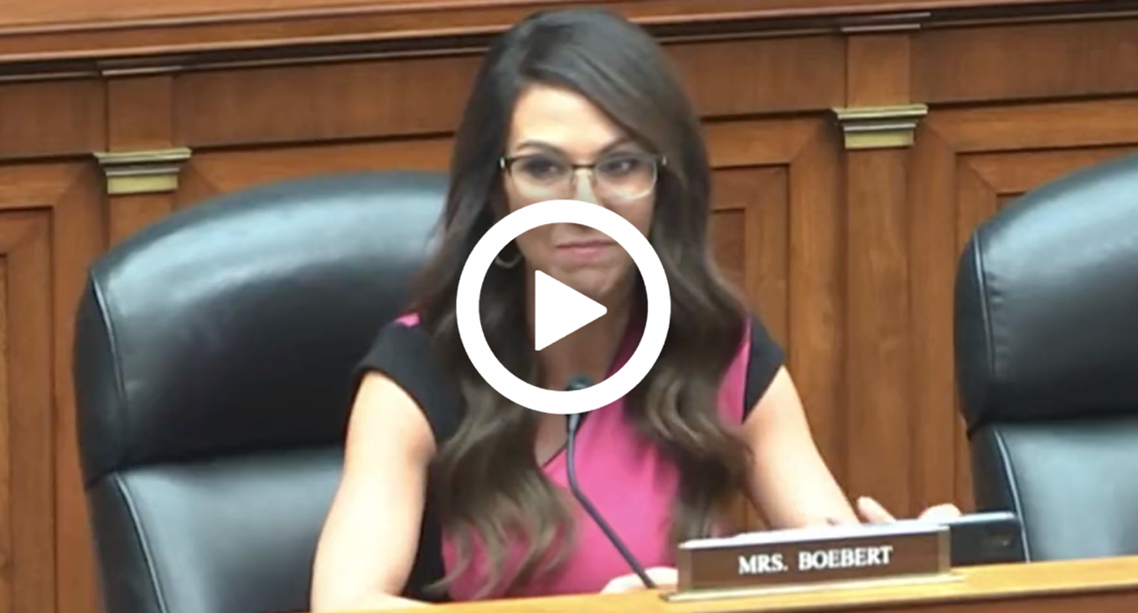Hearing Wrap Up: Rushed Pandemic Spending Without Guardrails Allowed Rampant Waste, Fraud, and Abuse
WASHINGTON—Today, the House Committee on Oversight and Accountability held a hearing titled “Federal Pandemic Spending: A Prescription for Waste, Fraud, and Abuse.” Committee members asked government witnesses for answers about why billions of taxpayer dollars were lost to waste, fraud, and abuse and for estimates as to how much money was improperly paid across programs. Republicans asked what Congress can do to hold criminals accountable and ensure emergency funding programs are better prepared for the future.
Key Takeaways:
Rushing through trillions of dollars of government spending left pandemic funding vulnerable to waste, fraud, and abuse.
- Mr. Gene Dodaro, the U.S. Government Accountability Office’s (GAO) comptroller general, outlined that rushing through spending without guardrails left already vulnerable programs susceptible to improper payments and fraud. “The government has an underlying improper payment problem. […] When you have that type of problem that we’re not dealing with on a regular basis, and you add additional spending, hundreds of billions or in this case trillions of dollars, you’re going to have these types of problems in place.”
- Mr. David M. Smith, assistant director at the U.S. Secret Service Office of Investigations, shared what the government is doing to investigate fraud, “In less than three years, we’ve opened thousands of investigations, recovered over a billion dollars, arrested nearly five hundred criminals, yet there is more work to do. It is our duty to detect and arrest criminals, seize their illicit assets, and disrupt their networks.”
Guardrails would have prevented waste, fraud, and abuse.
- Mr. Michael Horowitz, chair of the Pandemic Response Accountability Committee said, “There were plenty of warning signs. Frankly the urgency and speed to get it out without any consideration of what was already available to use, like “do not pay”, as we did in our fraud alert this week. Had there been agreements in place, they could have checked again the Social Security administration. I think it’s very important that consent-based verification tools be in place for programs. You need to know where the applicant is eligible, you can’t just self-certify.
Congress must find solutions to improve improper payment reporting and accurately track taxpayer funds in the future.
- Mr. Dodaro said, “Right now, the improper payments estimate only have to be made two or three years after the programs already started. It’s too late.”
- Mr. Smith said, “The prevalence of identity theft and the volume of personal data accessible to criminals is undeniable. Continuing to improve identity verification standards for government funding programs is important.”
Member Highlights:
Chairman Comer (R-Ky.) noted that government agencies didn’t utilize the U.S. Treasury Department’s “do not pay” list that would have cut down on rampant fraud.
Chairman Comer: “This is a tool that I would assume would have been eligible in their toolbox. Let’s say the Small Business Administration or some agency that was doling out a lot of money really quickly. Did they utilize the ‘do not pay list?’”
Witness: “They did not.”
Rep. Gary Palmer (R-Ala.) pointed out examples of how states are misusing COVID funds.
“What we’ve seen in the last few months are states using their COVID relief funds for things like in New Jersey, $50 million dollars in state and local fiscal recovery funds to bolster the state’s bid to host the 2026 World Cup. We saw the state of Washington send out $128 million in thousand-dollar payments to 120,000 illegal immigrants. We saw Colorado Springs use $6.6 million to put in an irrigation system at two local golf courses, $5 million dollars in the state of Massachusetts to pay off debts incurred by the Kennedy Institute for U.S. Senate in Boston. Are any of those improper uses of funds?”
Rep. Andy Biggs (R-Ariz.) laid out the massive extent of fraud within COVID spending programs and asked for an accurate estimate of improper payments.
Rep. Lisa McClain (R-Mich.) explained that there has been little accountability for the theft of Americans’ hard-earned tax dollars.
“I’m trying to make the correlation that you commit a crime, there is a consequence. What I’m trying to do for the American people to help justify to them their tax dollars being misused.”
Rep. Byron Donalds (R-Fla.) discussed how President Biden shuffled dollars away from pandemic funds to the southern border.
“The Administration went through a process of reappropriating or moving around almost two billion dollars from money that was supposed to go to the strategic national stockpile, and also funds intended to help study long COVID, that was at the National Institute out Health, and rerouted that to actually help house migrants coming across the southern border because of the president’s reckless border policy.”
Rep. Lauren Boebert (R-Colo.) warned that criminals and bad actors in countries like China and Russia should never be able to steal U.S. taxpayer dollars.
“We have hundreds of billions of dollars lost, causing massive inflation. Seventy percent of the money, according to the CEO of LexisNexis Risk, ended up lining the pockets of criminals in countries like China, Nigeria, Russia, and not a single person in charge of distributing that money has been held accountable.
[…] “The American taxpayers have one question: “How the heck were these bureaucrats so dang incompetent that they were being scammed out of 35 million dollars every hour for nearly two years?” What’s equally concerning is that for years, Congress has known the size and scope of which the American taxpayer was defrauded, yet this Committee has refused to act until now.”
READ MORE: Comer Opens Hearing Investigating Billions Lost to Waste, Fraud, and Abuse in Pandemic Programs
CLICK HERE to watch the hearing.
